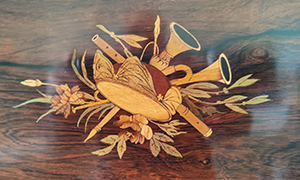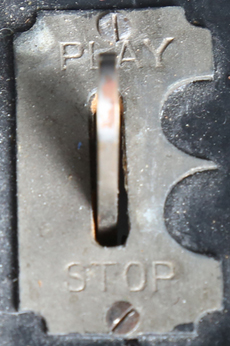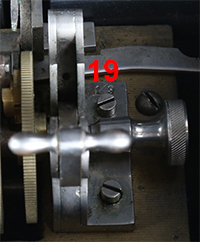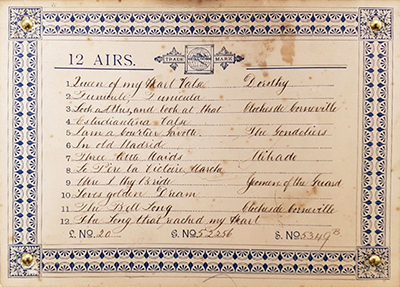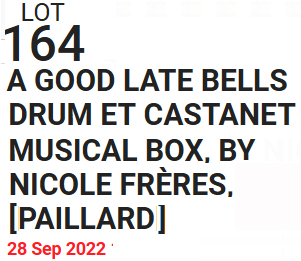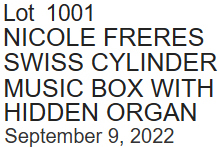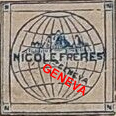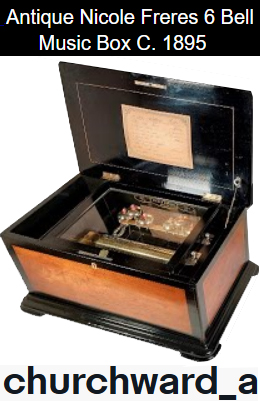Spieldosen von Nicole Frères (
[1] Pièce à 36 airs,
"Established in 1815 at rue Klèberg 17, Geneva, Switzerland, as makers of musical boxes. Partners were Pierre-Moïse Nicole and David-Èlie Nicole. They were among the earliest makers to capitalise on the production of quality musical boxes by the association of their name with the product. Nicole musical boxes are generally of high quality and all are stamped with the name. They attained fame through excellent public relations at an early stage and their early work is often outstanding. Nicole Frères established its first London address in Hatton Garden, but subsequently moved to 21 Ely Place, London, E.C. In October of 1881, the business was effectively transferred to London with Charles Eugène Brun in charge and only a `branch´ maintained in Geneva. At this time the business became more diversified and handled, as agent, disc musical boxes made by Polyphon in Leipzig and Regina machines from America. Much uncertainty now surrounds the original classification of Nicole Frères musical boxes by their numerical listing. It was John E. T. Clark who first published a list of serial numbers and the dates of manufacture to which they apparently correspond. This list he acquired from Henri Metert, but there are proven inaccurancies throughout the range and many boxes have now been seen with numbers below 17,000. There is also mounting evidence to suggest that after the closure of the manufacturing business in Geneva, Nicole Frères in London bought elsewhere and stamped their name on the acquired boxes. One manufacturer appears to have been Paillard. Nicole Frères appears to have changed over from key-winding to lever-winding about 1860-1, although a lever-wound box with a 37,000 series number has been seen, and a 39,000 series one with key-winding. (Ord-Hume, Music Box, 1980, p. 322-323) John Clark´s listing, with its accepted errors, is still a reasonable guide to dating and is repeated here:"
The end of the firm. After a particular unsuccessful move into the production of gramophone records, Nicole Frères went bankrupt in 1906 and was taken over by the New Polyphon Supply Company. Jacques Antoine Henri Métert continues the repair side of the business until his death (1933). [1] Pièce à 36 airs
[2] God save the Queen, Lucia di Lammemoor, Zampa + 7 airs
[3] 1-5:Strauss, Cheapside London
[4] No number
[5] Tunesheet with Coat of the Arms, Ususally a George Bendon Tune Sheet, Nicole Frères stamped on the comb
[6] cyl 33,5 x 8 cm, Joel unsold
[7] Three-airs tortoiseshell (with God save the Queen) with unconventially base-mounted snail-change
[8] Darren J. Wallace March 2022
[9] Ord-Hume Music Box, tune sheet no. 53
©Ord-Hume Music Box, tune sheet no. 53 [10] Ord-Hume Music Box, tune sheet no. 54
Ord-Hume Music Box, tune sheet no. 54 [11] Ord-Hume Music Box, tune sheet no. 55
©Ord-Hume Music Box, tune sheet no. 55 [12] Bridal Polka D'Albert, Keith Prowse & Co
Ord-Hume Music Box, tune sheet no. 56 [13] 8 airs, Jackson's Int. Auct. 2022
[14] Marc Lawson 2022
[15] With a spined key
[16] Silverstone 2022 Nov 17
[18] Fortepiano ouverture music box
[19] 4th: La Traviata, Keith Prowse & Co
[20] year ~1820
NICOL [!] N° 241 (Vue Du Fort De Brest)
Vue Du Fort De Brest
N° 2214
N° 3330, 3 airs Oval-shaped musical clock base that contains a superior quality 3 tune musical movement made by none other than "F. Nicole". These early years, 1820-25, & a hand full of makers set the standards for quality that many others could just not attain.
Completely original, never damaged or repaired, playing 3 beautifully arranged melodies on a fine comb having 70 teeth. https://youtu.be/ZjlJFiuWP80
The comb is of steel & has a brass riser as part of its comb block; the tuning weights are of steel & brass added in order to get down to those rich bass notes required, plus the dampers are of steel & not the earlier vellum nor the later chicken feathers. Handwritten at the underside of the mahogany veneered base are the 3 tunes: "Marche", "Chasson de Freishutz" & "Waltz", along with "Silence" for the control slide found nearby & an unknown impressed mark of "Pigneret", possibly a sales venue, broker, agent, dealer, etc... The brass control plaque at the left side is engraved with "Volante" for manual push-pull for starting/stopping of the musical movement; the center hole is for winding & the front-most push-pull control is engraved "Changmt." for tune change/repeat positions.
The oval shaped base shows signs of old, non-active, woodworm (no major losses) and it is lacking one of the supporting 4 bun-feet. The musical movement retains an unusual & very effective clock trip-activation linkage that works flawlessly and the two geneva stopwork gears (atop the mainspring barrel) are lacking, as they are in many of these smaller movements. The movement is also stamp marked 3 times with "F. Nicole", twice on the bedplate & once on the comb, plus bears serial N° "3330". Winding tells us that it has a full length mainspring, not cut-down or replaced in past, and it does come with a non-original winding key. Measures overall: 16" wide x 9 1/4" depth x 3" height.
N° 5221, 8 airs
N° 6152
N° 7389, Overtures
©Nicole Freres 4 airs music box, in a walnut case, inlaid with mother of pearl, brass, ebony and boxwood strung, 57 cm wide Mechanism needs attention N° 7442
N° 14726
N° 16296
N° 18740
N° 18913
N° 21797
N° 22165
N° 23104
N° 24000's
J. Bright et Sons, à Genève
“A Nicole, 24000 series example circa 1844-1845, that recently made its way into my collection, has this beautiful dealer’s engraving on the top of the governor. The agent must have been very proud of their affiliation with the Frères Nicole to have gone to so much effort to do this. [...] What is unusual about this engraving is the word "sons" is English while the rest is French. If they were in Geneva like the Nicole’s, why not use the word "fils"?” (Darren J. Wallace's Antique Musical Box Restoration Hobby, Facebook, 2023, March 21) A new home for a homeless Nicole Frères mechanism
My woodworking expert has been busy building me a new case for my orphaned 1845, 24,000 series Nicole Frères "fat cylinder" key wind musical box movement. Thankfully, I had a sample Nicole Overture key wind in my collection, that was within 6-8 months manufacture and practically the same specs within mere millimeters required for this mechanism. N° 24130
N° 24406
© 7.5x10x20
N° 24658
N° 24678
N° 24678
N° 24697
N° 24718 Musique de Genève
N° 25565, 1st: Home sweet Home
N° 26518
N° 26975
N° 27029
N° 28183, 1st: In the Days when...
https://www.youtube.com/watch?v=mgGLjIVupbc N° 28345, 2nd: Blue bells, 4th: Alice Grey
N° 28425, 1st: Home sweet Home
N° 28673, 1st: The Brave old...
N° 28687, 1st: Polka
N° 30082, 1st: Home sweet Home
N° 30442, 6 airs
N° 30813
N° 30888
N° 31145
N° 31488
N° 31610
N° 32025
N° 32135: 6 Air Keywind, 105 teeth, Cyl. 27,5 cm, Ø 5 cm Paul Bellamy, The Cylinder Musical Box, p. 85, Figure 1 (Octaves and Intervals Used) N° 32459: 6 Air Keywind, 117 teeth Paul Bellamy, The Cylinder Musical Box, p. 85, Figure 2 (Octaves and Intervals Used) N° 32446, 4 airs
©KEYWIND ROSEWOOD AND FRUITWOOD MARQUETRY PIANO FORTE MUSIC BOX WITH FOUR OPERATIC TUNES. N° 32446 CIRCA 1850 height 5 in (12.5 cm), width 16 in (41 cm), depth 6 in (15 cm) • rosewood and rosewood grained rectangular box with fruitwood marquetry, flat lid with inlaid floral motif, door to the side to revealing the winding aperture and operating levers, the lid with tune sheet, opening to the right for key storage • the movement with steel comb, brass cylinder, and instant stop The present piece is both an early example as well as a very rare 'miniature' piano forte box, both highly sought out features in piano forte boxes. Furthermore it survives in excellent condition, including the sound of the piano forte comb and all four tunes, which resonate with crisp and perfect tune. The original tune sheet includes two songs by Verdi, one by Bellini, and the last by Jullien. The dampers to the bottom of the comb remain in excellent condition and contribute to the sound made by such a small example. N° 32764
©Ebay 2022 Jan 18 N° 33230
N° 33420
N° 33511
N° 33711
N° 33861, 2nd: Oh! Molly
N° 34012
N° 34532, 4th: Mandoline Walze N1
N° 35782
N° 35825
N° 36388, 2nd: Blue Bell
N° 36833
N° 36951 Tune sheet made by unknown printer(s) (NN) using graphems looking like acanthus leaves or/and arabesques or/and rocailles
N° 37105
N° 37207
N° 37697
N° 38291
N° 38412
N° 38417
N° 38450
N° 38994
N° 39826
N° 39907
N° 40711, 8th: Home sweet Home
N° 41248
N° 41340, 1st: Glory To God
N° 41924, 3rd: Good bye John
N° 41931
N° 42032
N° 42070
N° 42179
N° 42369
N° 42598
N° 42681, 1st: Little Bluebird.
N° 42960
N° 43056
N° 43171, 36 Airs
©Private Ownerwhip N° 43255, Mandoline
N° 43523, Mandoline
N° 43662
N° 43710
N° 43752, 2nd: My love this...
This music box has tune sheet lettered for the German marketPresent is the original Nicole Freres tune sheet for the era.Twelves aires are clearly listed with most composers. As customary on Nicole Freres boxes, the Game and serial numbers are listed denoted. Serial #43752 and Gamme #2887. Some favorite tunes of the day including primarily waltzes. This is a good reference for some standard tune titles on other cylinder boxes you might have without tune sheets. Hope you enjoy! (Tune 2 CHANGE arm was out of position so tune play incorrectly...from then on cylinder shift occurs properly) TUNES 1. 0:00 "Opening box descriptive intro" 2. 1:05 1 "Valse du Danube" -The Blue Danube (1866) - J Strauss II 3. 2:03 2. "My Love - She's a Lassie Yet" - Scottish FiddleTune (1789) - Robert Burns 4. 2:53 3. "Campbells Are Coming" (mid-1700s) - Jacobie 5. 3:44 4 . "Buffalo Gals" -Blackface Minstrel Song (1844) - John Hodges 6. 4:40 5. "Il Boici Valse" The Kiss Waltz (1875) - Luigi Arditi 7. 5:35 6. "Silver Bells" - Schottische (1847) - Thompson 8. 6:33 7. "The Guards Waltz" - (1860) - Daniel Godfrey 9. 7:23 8. "King Hyrrim Polka" - T Albert 10. 8:15 9. "Flien and Flockin Galop" (1801) - Johann Wilhelm Hertel 11. 9:08 10. "Dernière Valse" - (1826) - Weber's Last Waltz - Von Weber 12. 10:03 11. "Silverlacke Varsoviana" - Waltz (1876) - W H Montgomery 13. 10:59 12. "Faust Valse" - Faust Opera (1859) - Charles Gounod Nicole Freres, 12 Tune 18" Cylinder Box in Inlaid Case youtube.com Nicole Freres, 12 Tune 18" Cylinder Box in Inlaid Case Nicole Freres 12 Tune 18" Cylinder #43752 Box in Inlaid CaseThis music box has tune sheet lettered for the German marketPresent is the original Nicole Frere... https://consent.youtube.com/m?continue=https: //www.youtube.com/watch%3Ffbclid%3DIwAR3Nu S1au2K94fbTdKzgAs9BIciNrfoK1lzM_jAGnkFp5 NAY8Av0R7jyQyw%26v%3Dj1lXizKnXVA% 26feature%3Dyoutu.be%26cbrd%3D 1&gl=AT&m=0&pc=yt&uxe=eomty&hl=de&src=1 N° 43798
N° 43824 More Swiss crosses: N° 44036 and 45282
N° 43841
©60x22x30cm
N° 44036, 2nd: Home sweet Home More Swiss crosses: N° 43824 and 45282
N° 44165
N° 44203
N° 44695: 1 airs, 2/turn, 106 teeth, Cyl. 23,5 cm, Ø 7,2 cm Paul Bellamy, The Cylinder Musical Box, p. 86, Figure 7 (Octaves and Intervals Used) N° 44708
N° 44770
N° 44867
N° 45240
N° 45282 More Swiss crosses: N° 43824 and 44036
N° 45411
N° 45806
N° 45984
N° 46008 Mandoline Expression
N° 46014, 2nd: Abide with me
N° 46020
N° 46078
N° 46121
©Ord-Hume Music Box, tune sheet no. 18 N° 46148, 1st: Those Evening bells
©Serial number 46148. C 1860. 33 cm/ 13 inch cylinder playing 8 airs as indicated on the original tune sheet. Retailer label inside for ‘Keith Prowse & Co London’ Brazilian Rosewood veneered case with boxwood stringing, floral decorative inlay to lid and front, gilt brass handles to sides. Case and mechanism professionally restored, sold with 2 year guarantee Measuring 59 x 26 x 17.5 cm / 23 ¼ x 10 ¼ x 6 ¾ ins
N° 46242
N° 46447
©1873 Nicole Frères mandolin format in a luxurious truncated case with brass inlay. Maker installed zither attachment over the comb. plays 8 tunes on a 17” cylinder
N° 46461
9th century Swiss musical box by 'Nicole Freres', playing eight aires on a 30cm drum with steel comb (damaged), and six bells. The case overall 54cm wide approx. N° 46747
N° 46818
N° 47111
N° 47419
The double-spring motor has engraved spring barrels, another rare sign of exclusivity and grandeur. The combs, signed by Nicole Freres, are perfectly in tune and have no broken teeth or damper noises. All of the cylinders have a perfect set of pins. Very little overall wear to the mechanism is evident, indicating a lightly-used instrument. VISIT SHOP: https://www.ebay.co.uk/str/usicaltreasuresofmiami?_trksid=p2047675.m3561.l2563
N° 49151
N° 50000 A company that absolutely refused to compromise quality and perfection, to the extent that they saw their business deteriorate in the late 1870's, due to the large-scale manufacturing of competitors in St. Croix, who could not match Nicole's quality but could compete better on price. The Nicole brothers exited the business around 1880, selling their firm to an English firm who then subcontracted the mechanical works to others, while still retaining the Nicole Freres name. Thus, beware of any post-1880 music boxes (beginning with Serial #50,000) as they are not of the prior standards. N° 50050
N° 50242
N° 50342
N° 50816
©Double-Springed Nicole Freres Music Box dating from late 19th century with original Tune Sheet showing 8 tunes, many of which are very well known. The box is marked with the importer: F Pitman, Importer, 20, Paternoster Row, London. The box is in very good condition with no woodworm. The lid and marquetry has been brought back to life by one of the major people in the country and probably one of the very few able to take on this kind of work . You can now see the colour of the woods as they used to be. The woods used are: Pear, Box, Tulipwood, Rio Rosewood and Harewood. The front and back of the lid have been french polished to bring out the shine and restore the beauty. All the brass fittings are original. The tunes play well and there is no damage to the comb or tips. There are a few dampers that could do with sorting out and the occasional nudge to start the tunes playing but other than this, everything works very well. Please listen on this link: https://youtu.be/lx_sPlr-wZ8
N° 51322
©N° 51322, playing 10 traditional folk airs including "Come under my Pladie" and "Caller Herrin", Gamme N° 2529 and N° 642, accompanied by 10 optional bells, with 68 teeth in the musical and 6 teeth in the percussion combs (both complete), speed control, spring-barrel stamped "322", comb stamped "Nicole Freres", transfer "Nicole Frères, Fabricants à Genève et à Londres", leaf-bordered tune sheet with globe logo, grained case with veneered front and veneered and inlaid lid, wd. 25 ½ in. (65 cm), cylinder 13 in. (33 cm). N° 51519
N° 52000
N° 52256
N° 52516, 12th: Estudiantina Valse
Serial N° 52[4or5]16, Gamme, N° 5882, L. N° 532, post-1884, playing twelve operatic and music hall airs, with double spring motor, single-section comb flanked by six drum and five tooth bell combs on lever-select, separate four hammer strikers for castanet, plain polished tuned bells arranged to two tier buffet, on reeded cast bedplate, ebonised interior with Nicole Freres banner, in part veneered case with intricately inlaid and crossbanded lid and front with musical instrument and scroll centres - 25 wide in. (64cm), the cylinder 13 in. (33 cm). Note the stencilled case serial number being 52516 and the inscribed number being 52416, altered with a cross through the 4 for a 5. After about the 50,000 serial number, Nicole was offering Paillard boxes and these later Gamme-boxes also had L, or production numbers - in this case very similar at a quick glance to the serial number - which may explain the discrepancy of the numbers shown. This movement has always belonged in this case and this box is just four entries away from the highest serial number recorded for this maker on the MBSGB register. N° 52550, 1st: Prayer
N° 52828, 1st: Three Little Maids (Mikado) A luxurious 6 bell music box made by Nicole Freres in 1895 The tune programme has been perfectly selected to demonstrate the 6 bell mechanism. Fantastic tonal quality and perfect musical timing makes for the authentic Victorian music box listening experience. (Churchward_a) Perfectly restored by Churchward_a
https://www.youtube.com/embed/u_T3JSMUCiU?rel=0 The tune programme has been perfectly selected to demonstrate the 6 bell mechanism. Fantastic tonal quality and perfect musical timing makes for the authentic Victorian music box listening experience.
|
||||||||||||||||||||||||||||||||
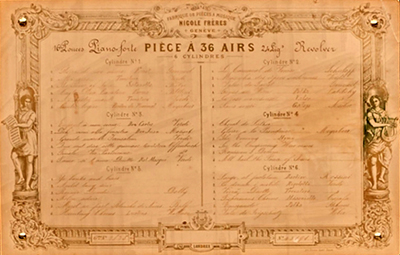
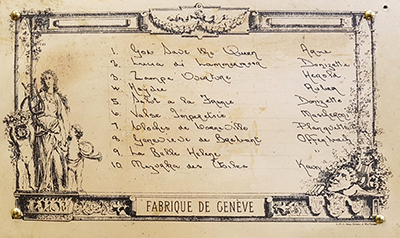
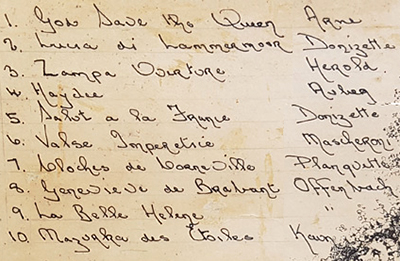
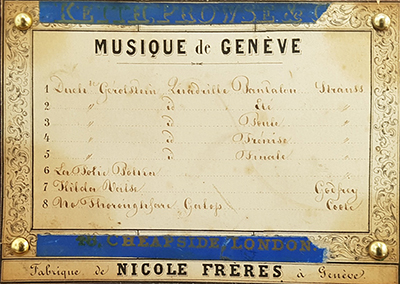
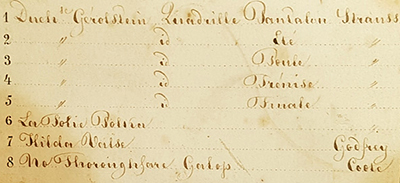

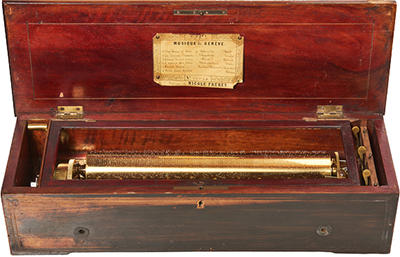
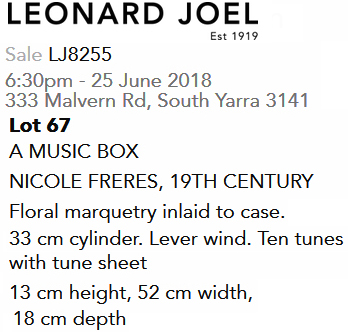

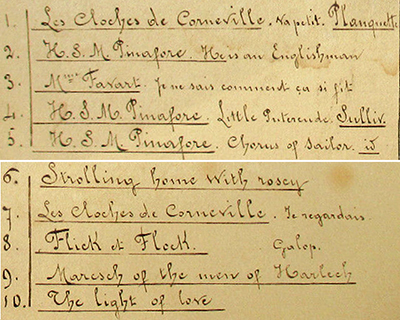

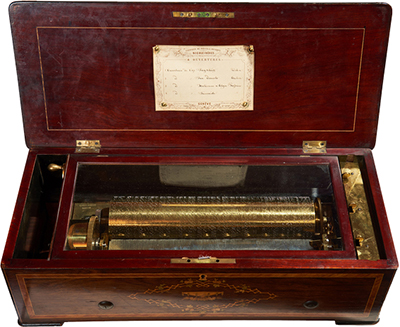
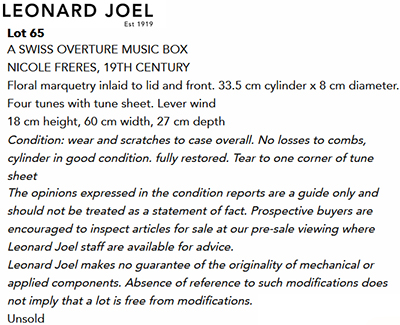

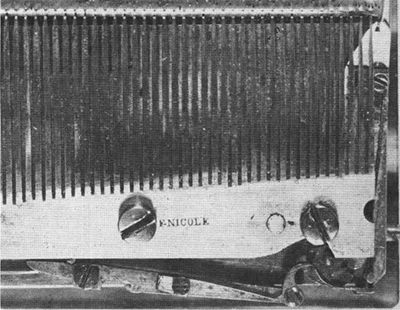
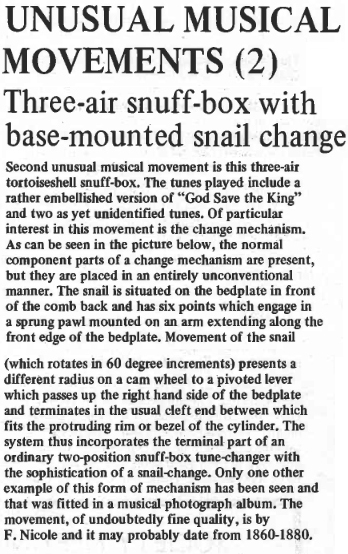












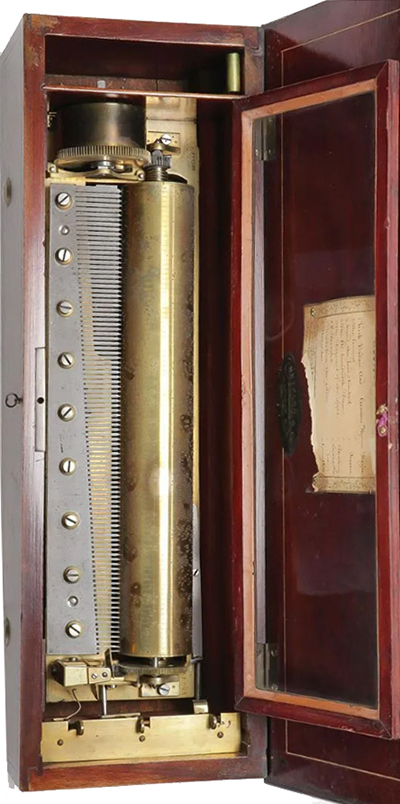
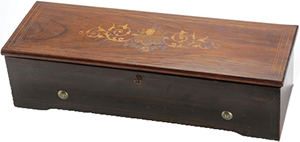


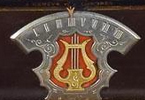

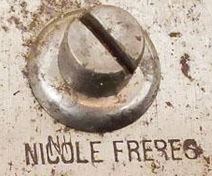
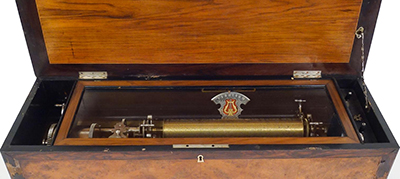





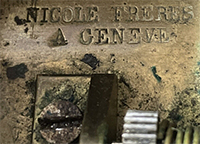
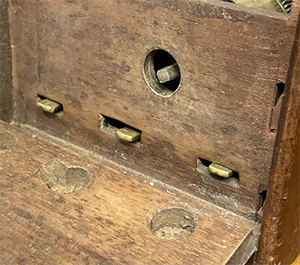
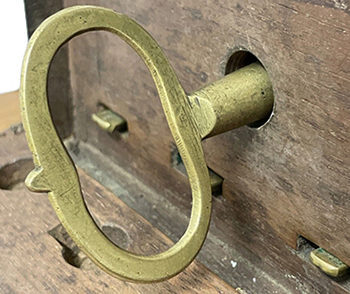
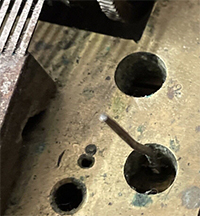
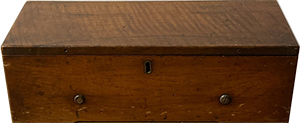













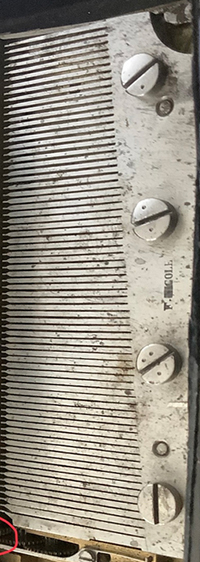
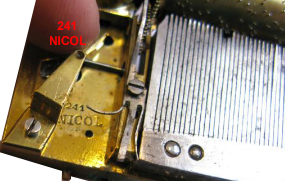


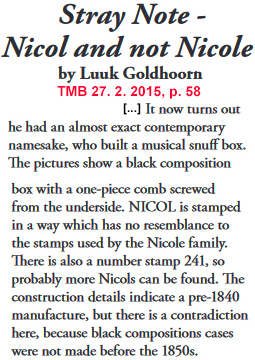
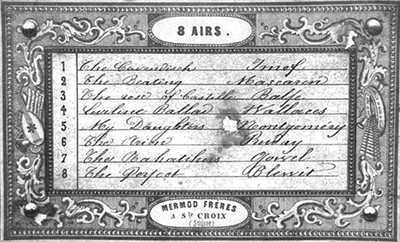

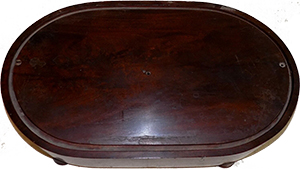
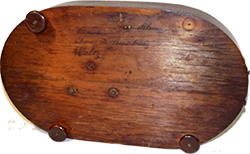
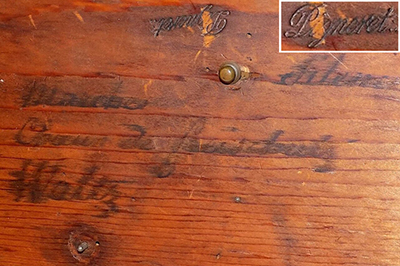





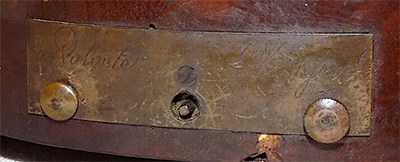



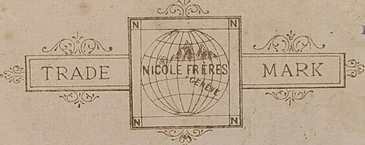








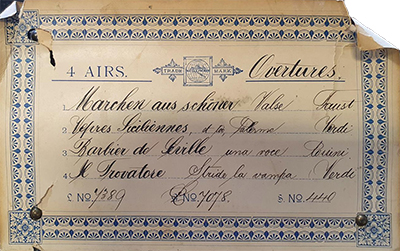

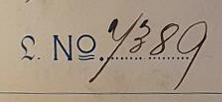




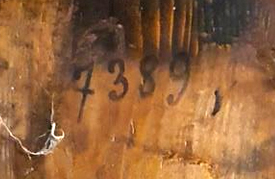

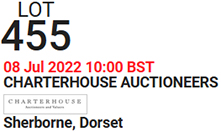
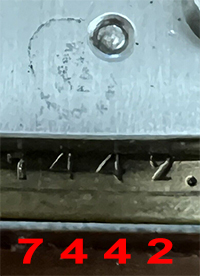










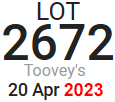
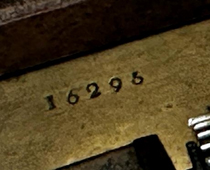
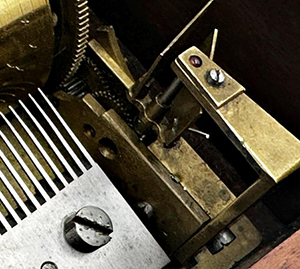


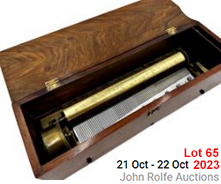

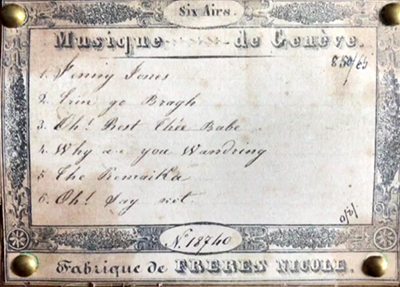
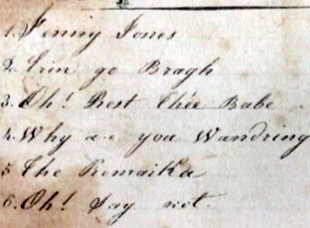

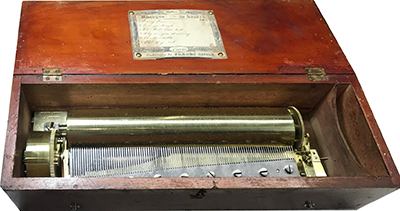






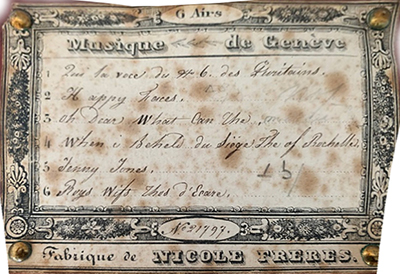


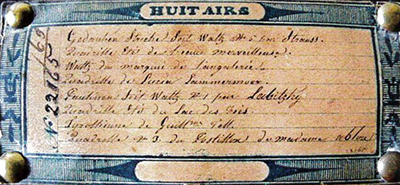
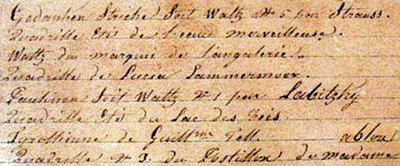
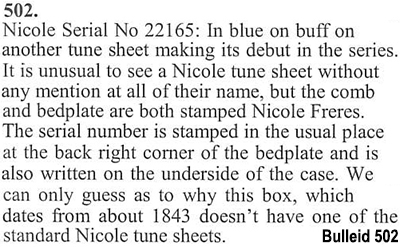







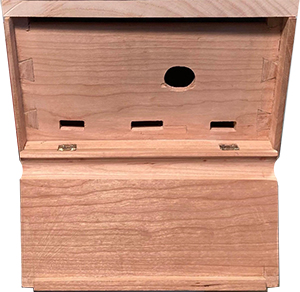
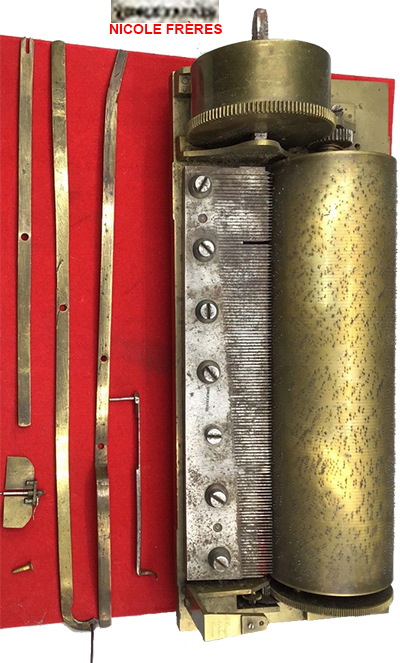
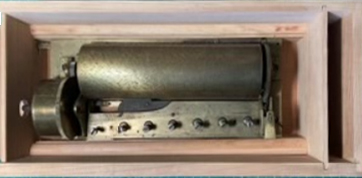
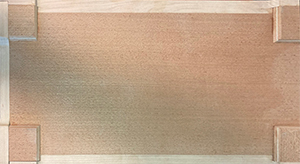
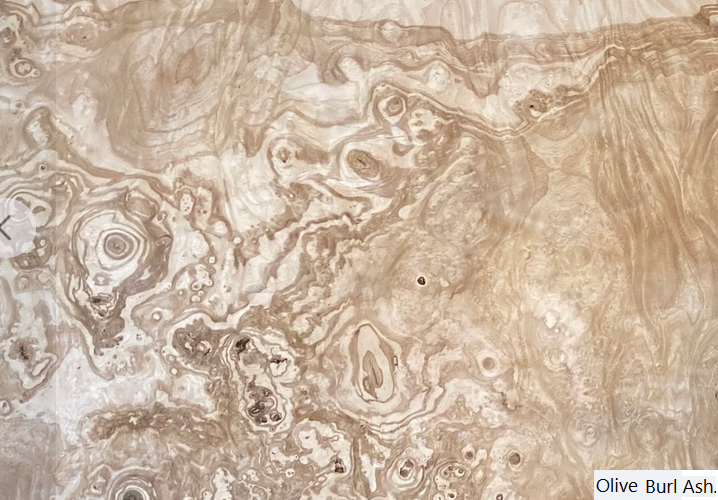
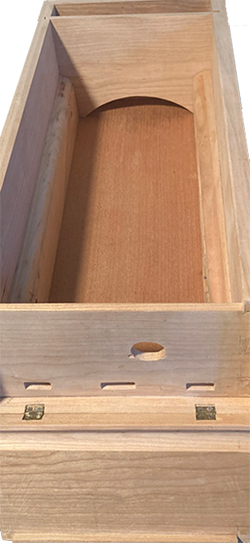


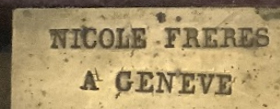




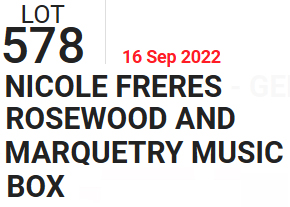









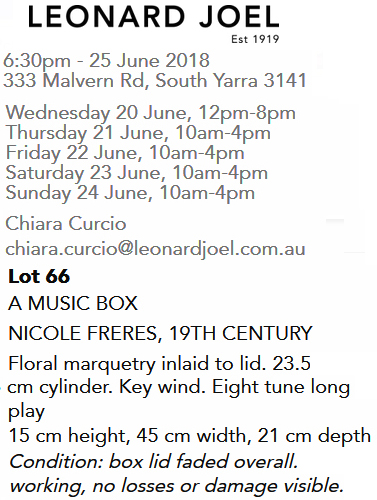
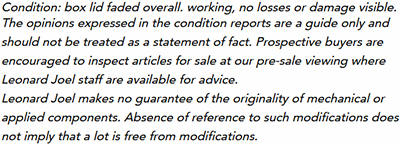
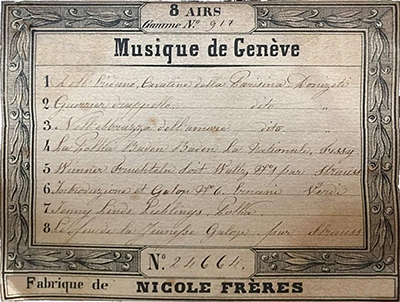

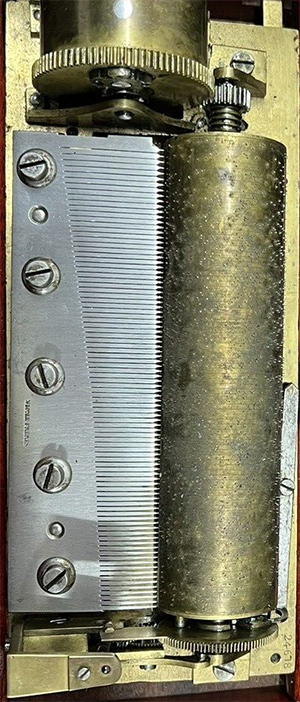







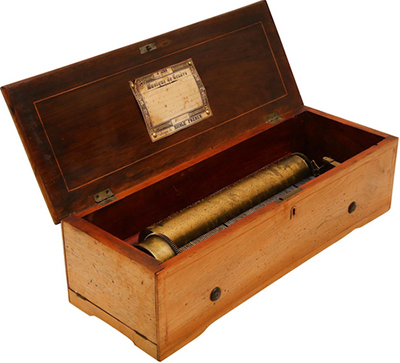




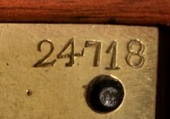













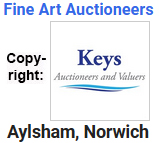
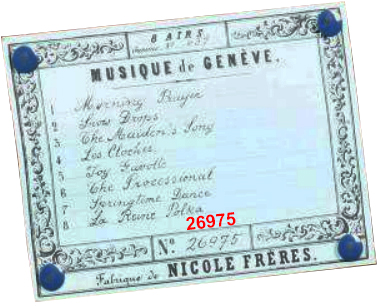









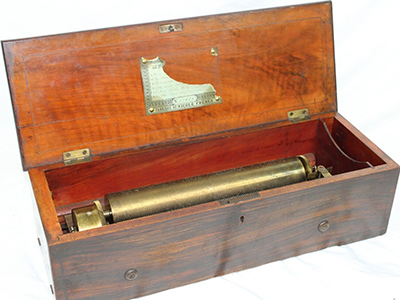
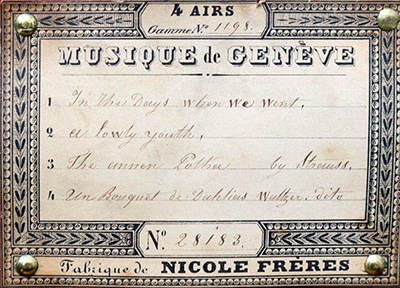
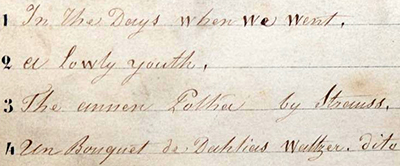


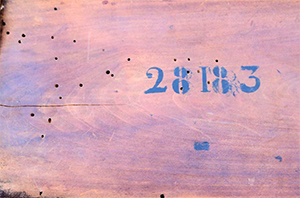




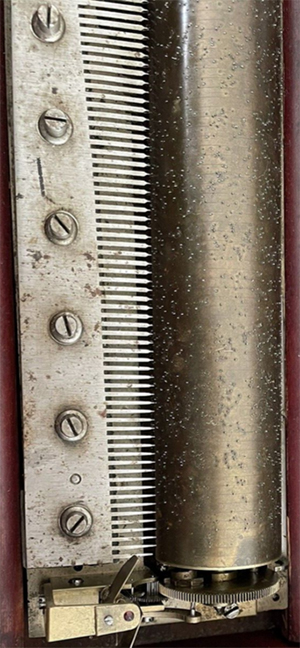

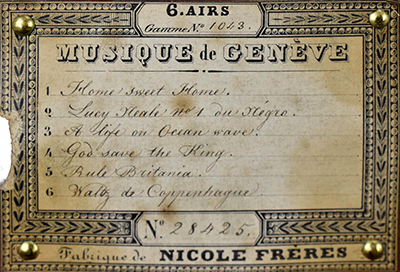
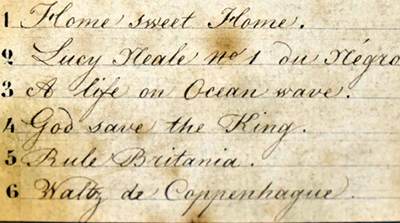






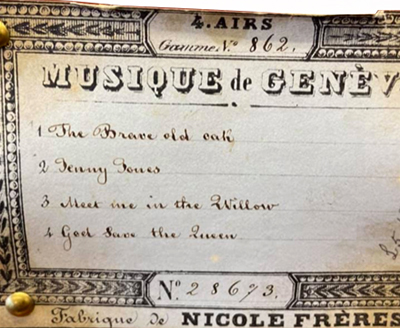
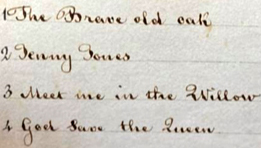



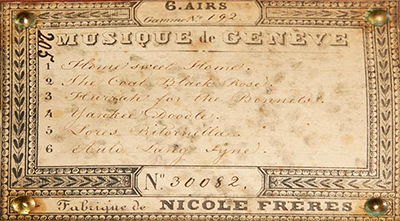
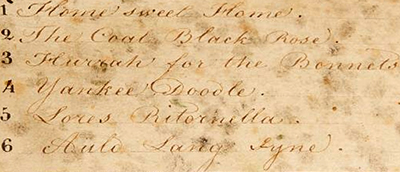

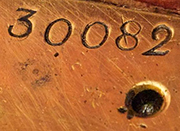
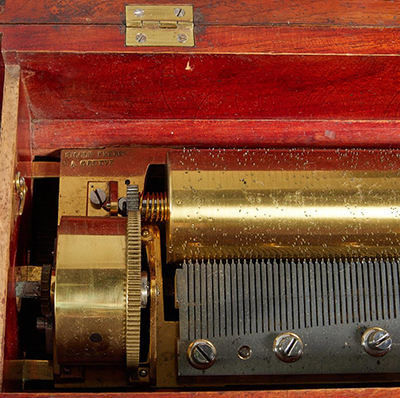



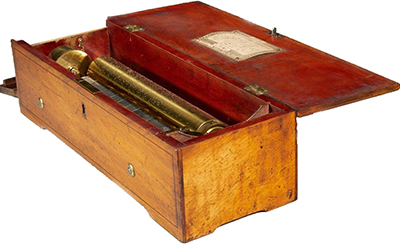

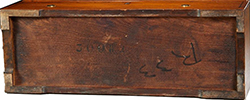








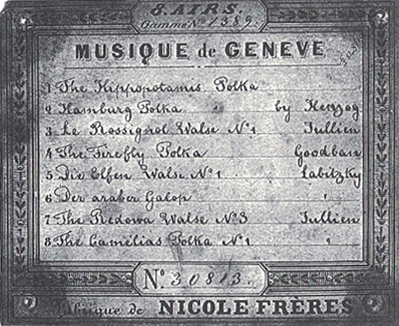
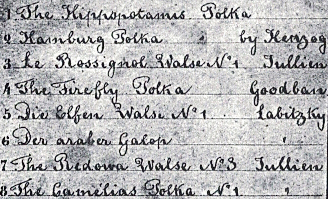


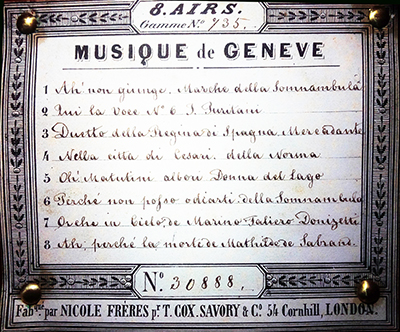

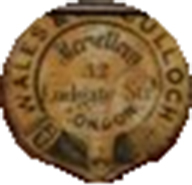
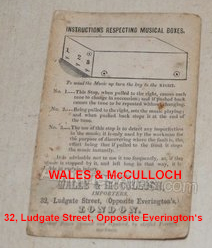
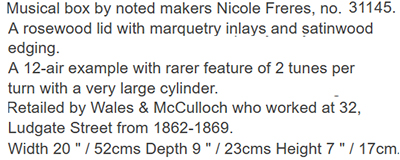
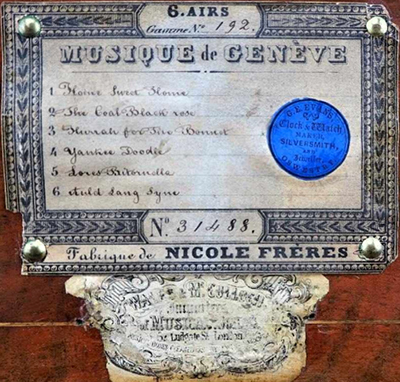
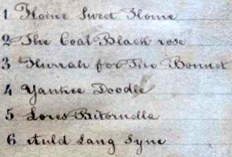
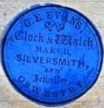
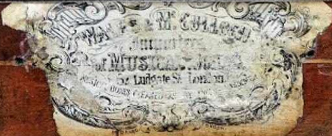









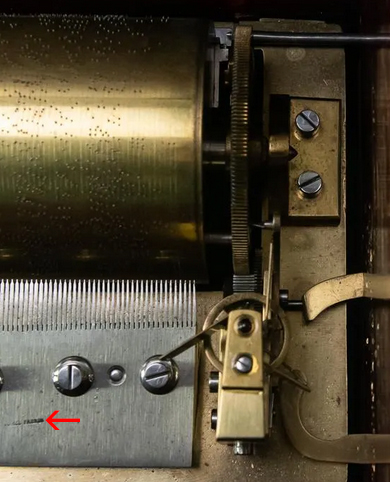



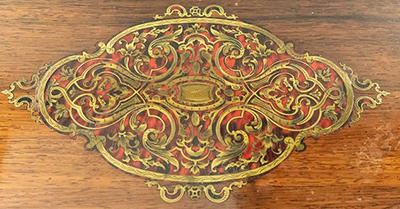




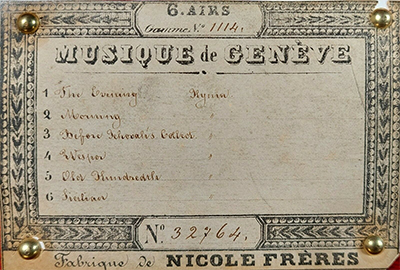
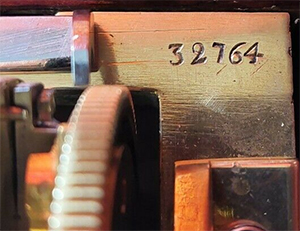
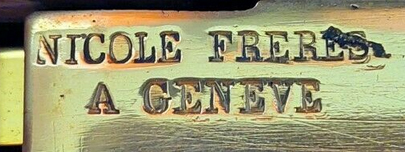


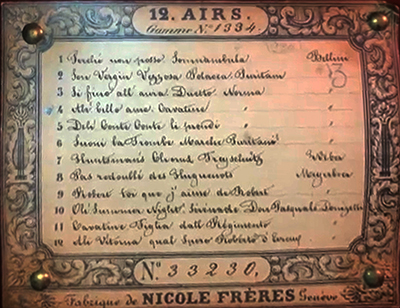
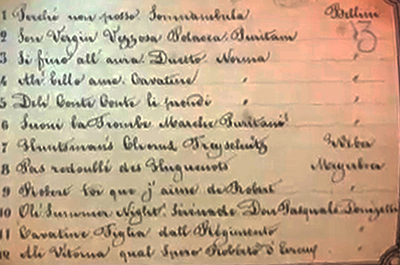





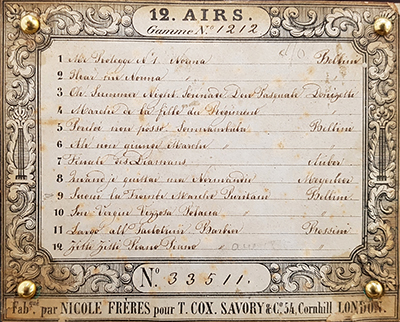







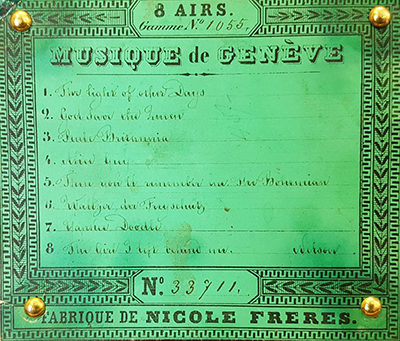
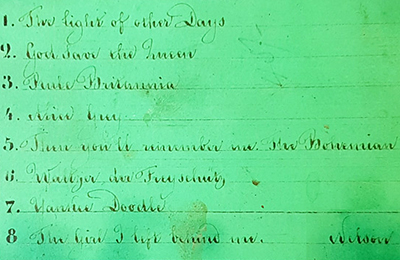




















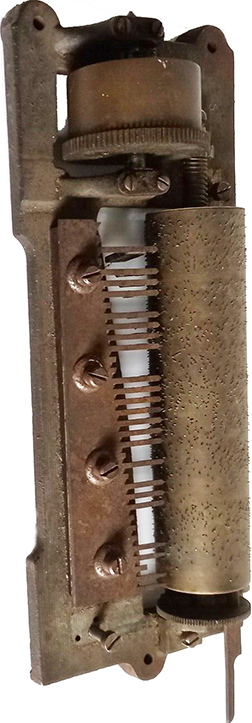
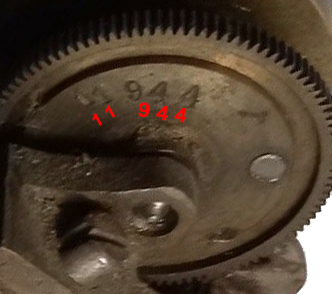










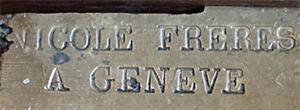













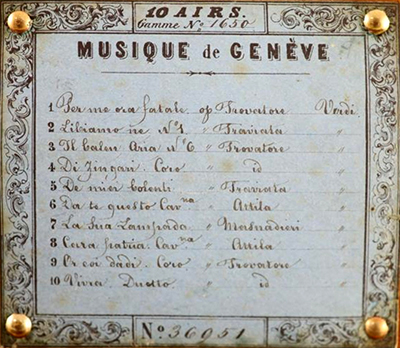
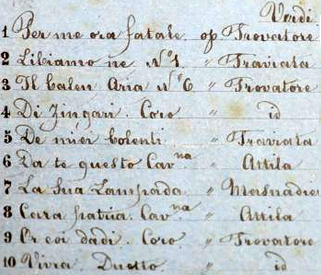
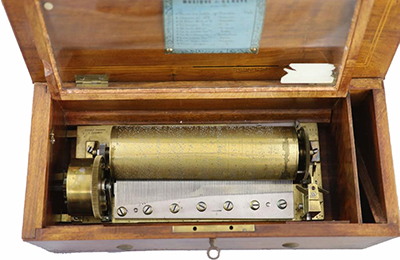

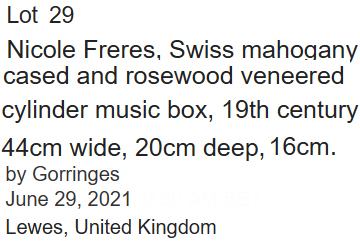
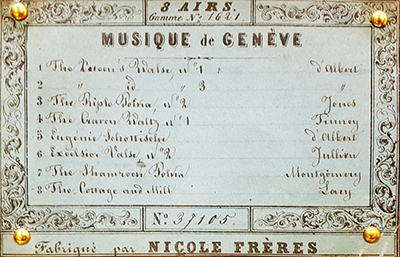
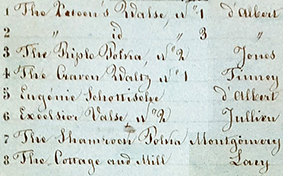






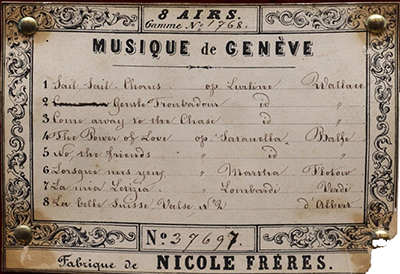




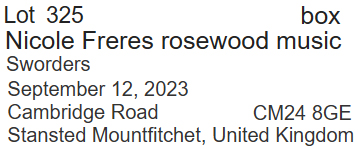

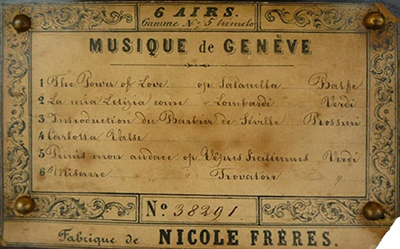



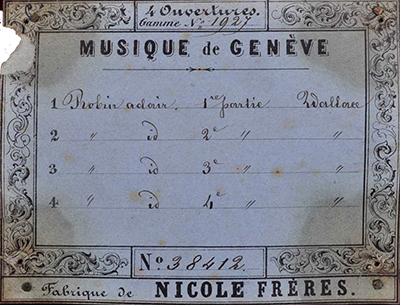
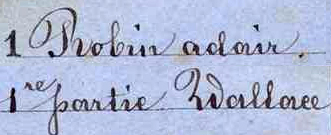
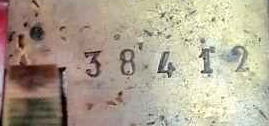















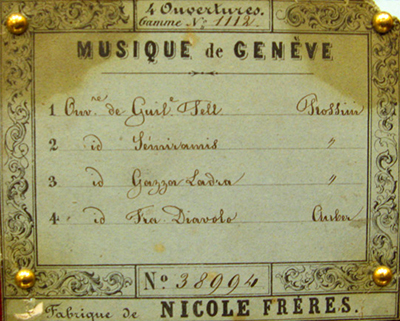
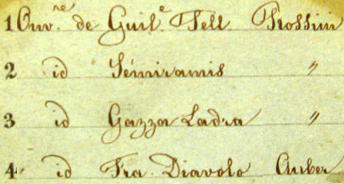
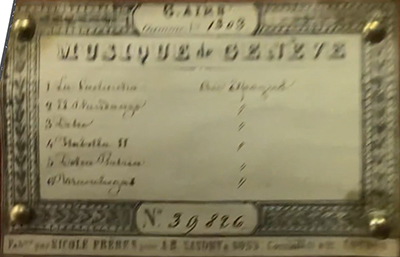
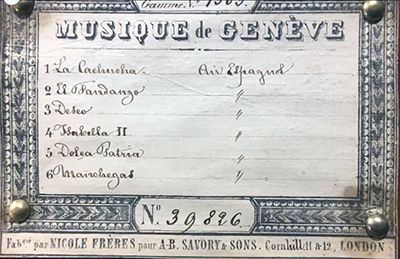











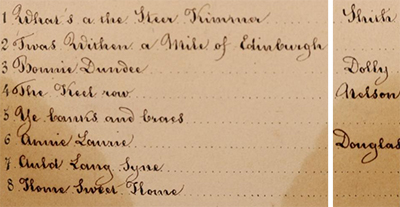

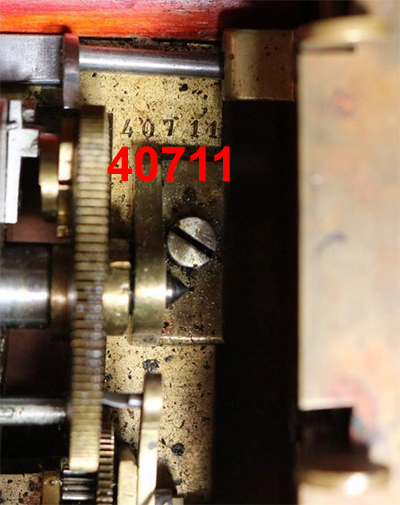

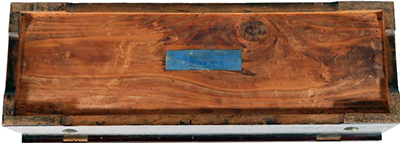

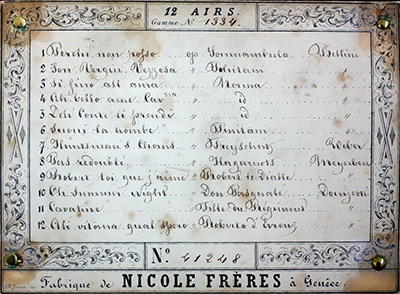

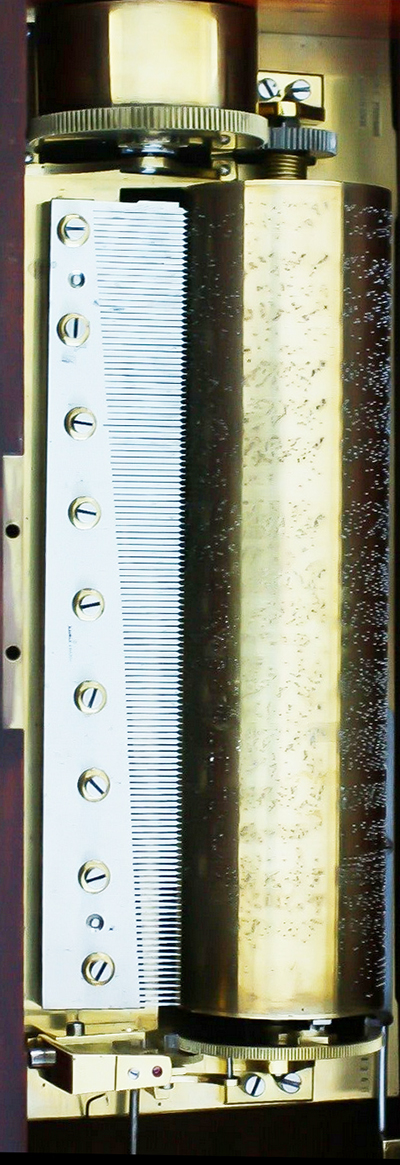
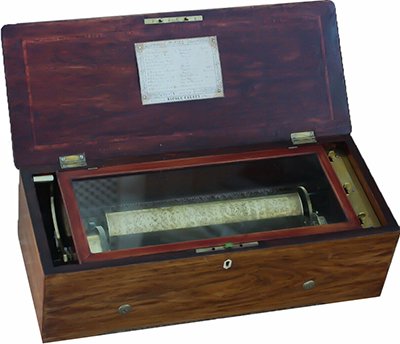









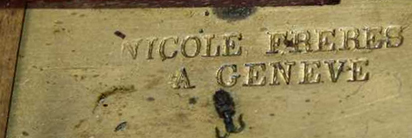





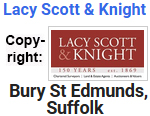





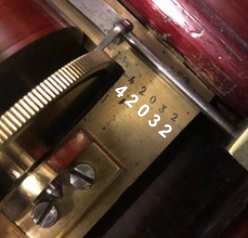





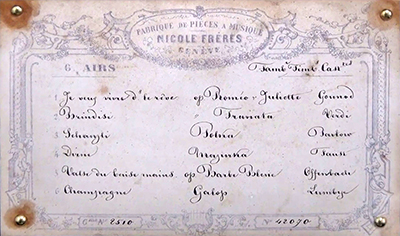
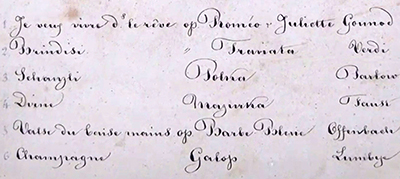

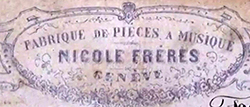



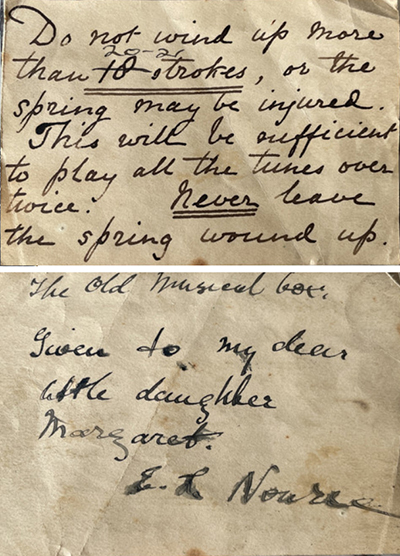






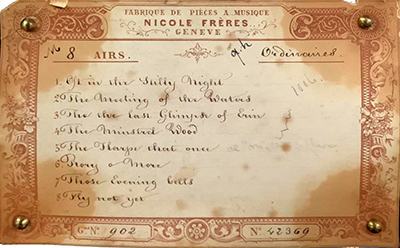
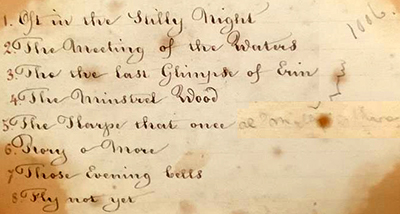













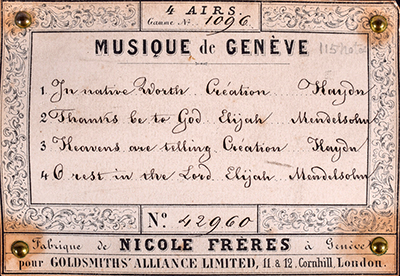


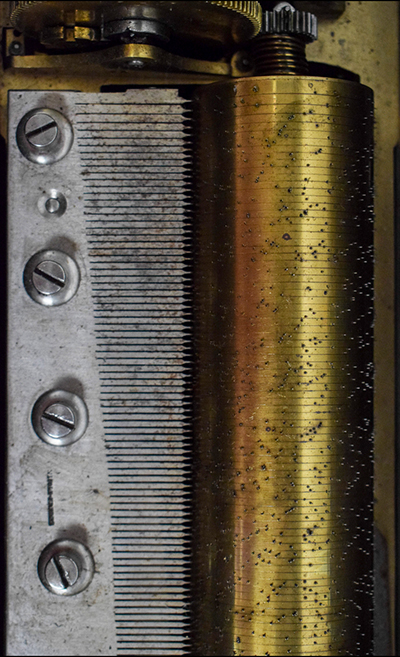
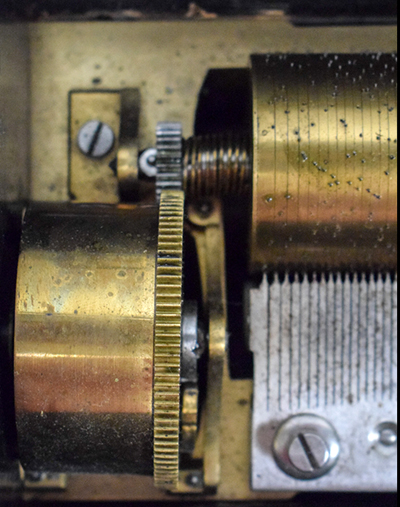

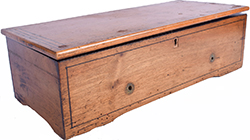









.jpg)












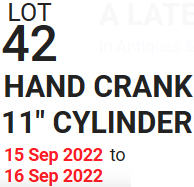

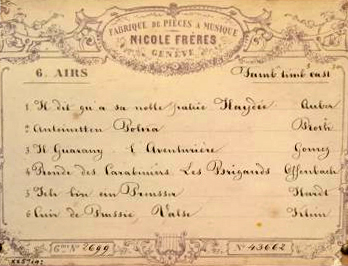
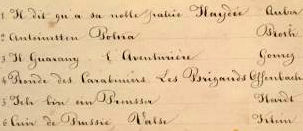

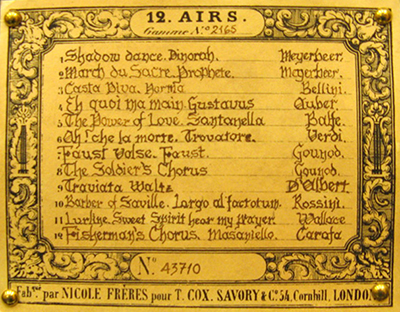
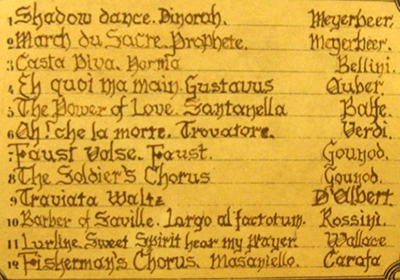

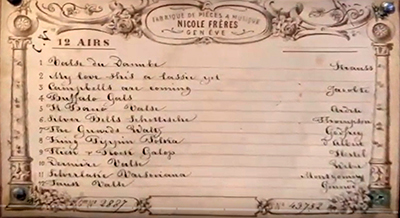
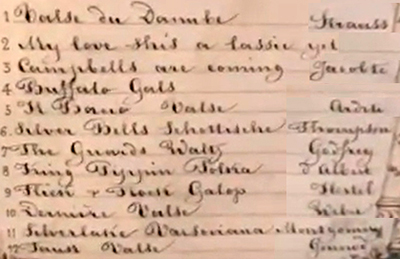
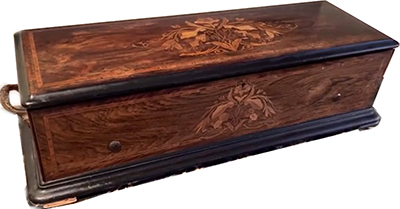





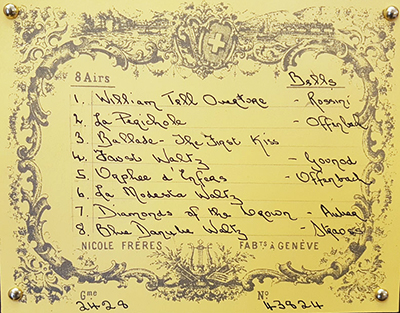
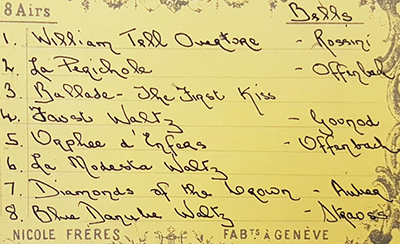
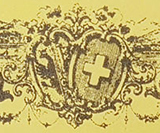
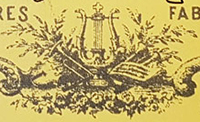


.jpg)


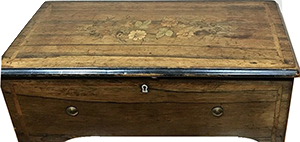
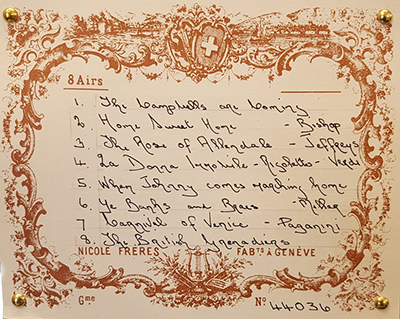
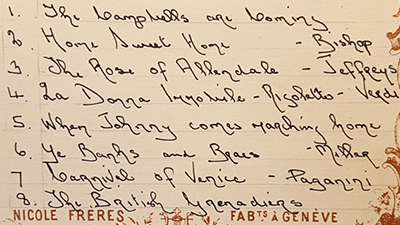






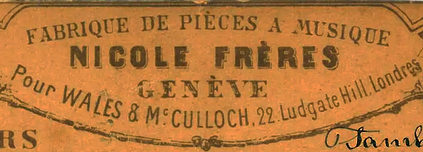

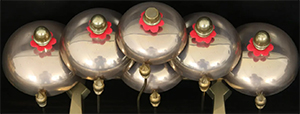




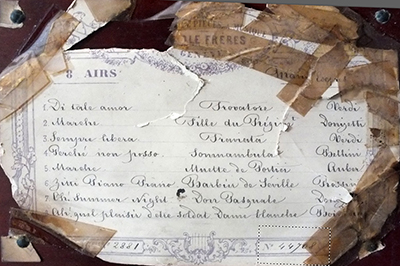
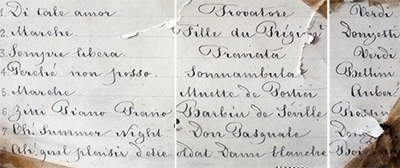

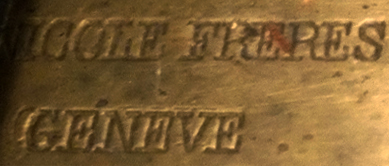




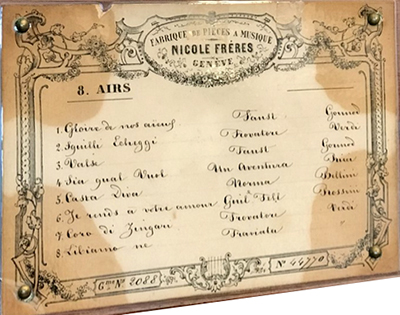
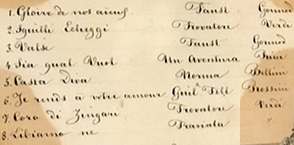



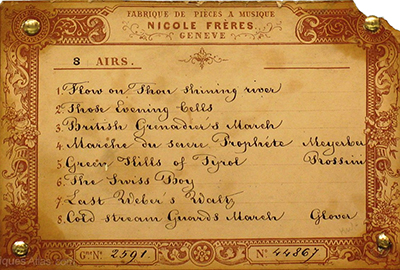







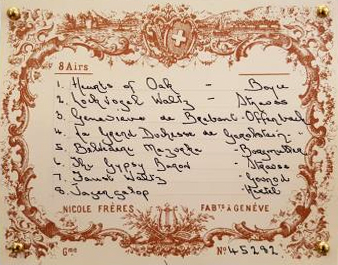
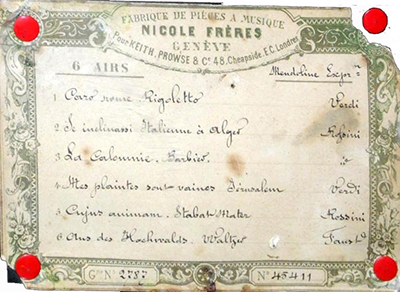
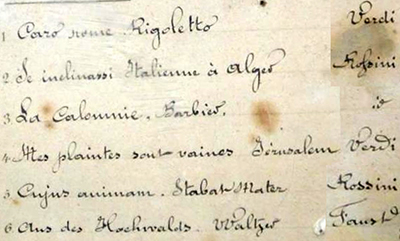

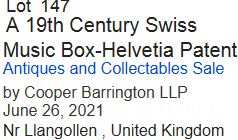









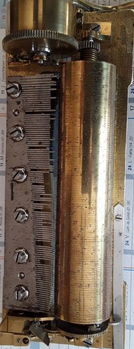
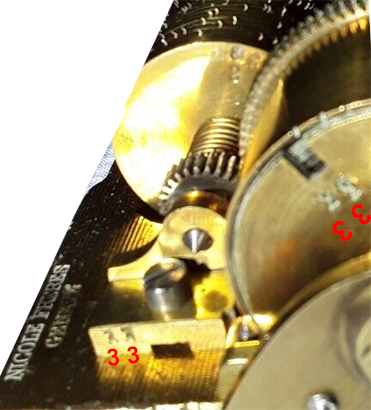
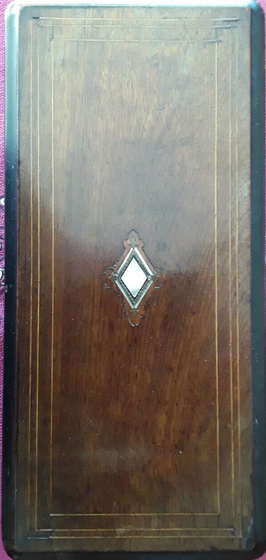


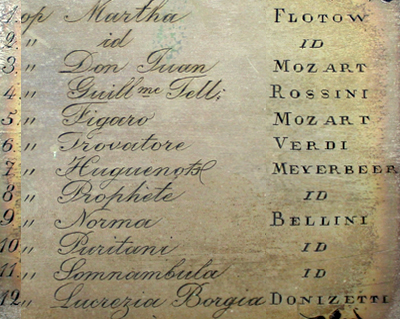





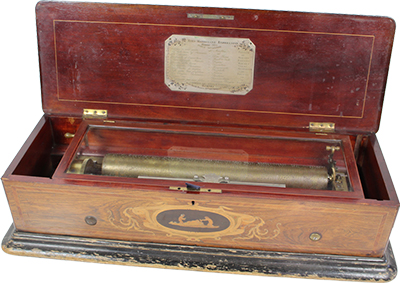

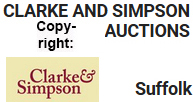

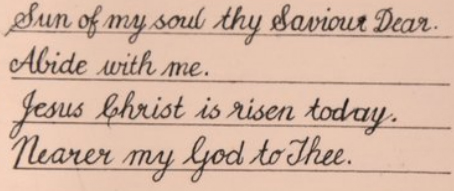




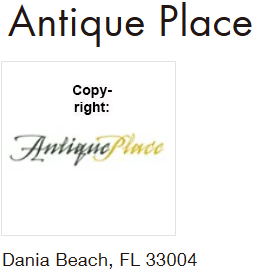
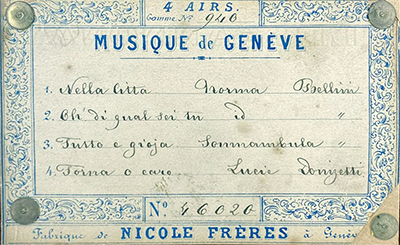
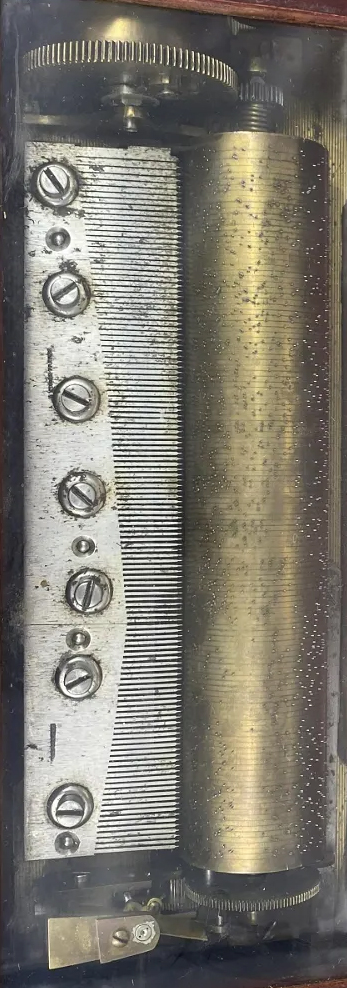
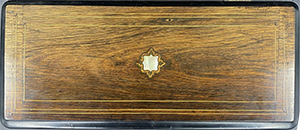
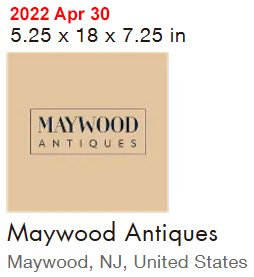










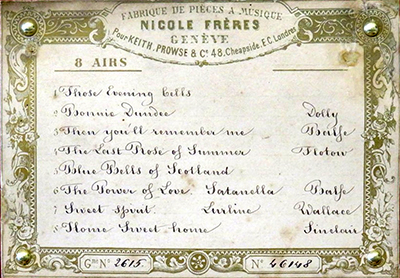
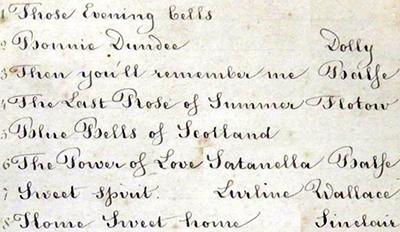

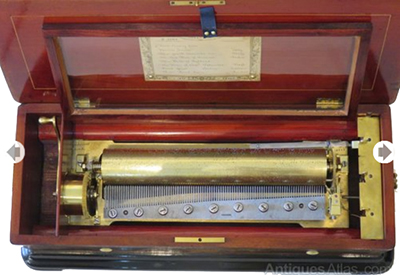


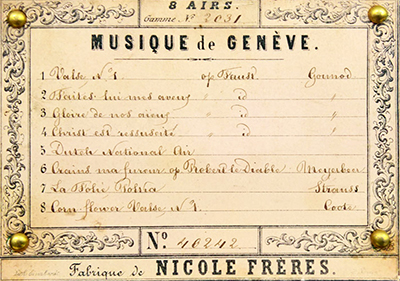
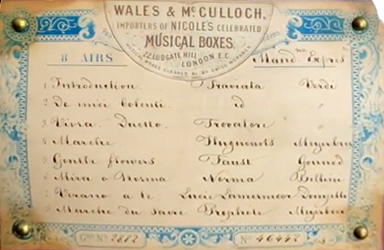
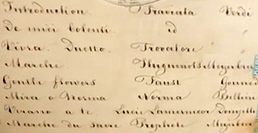
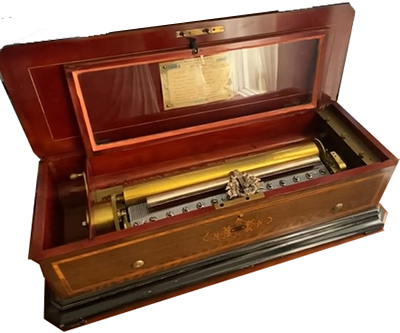
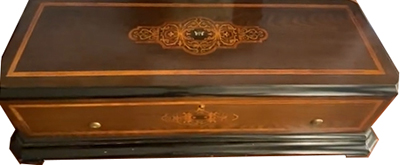
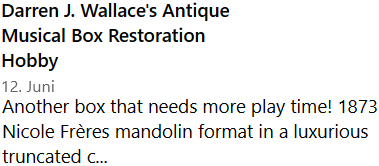












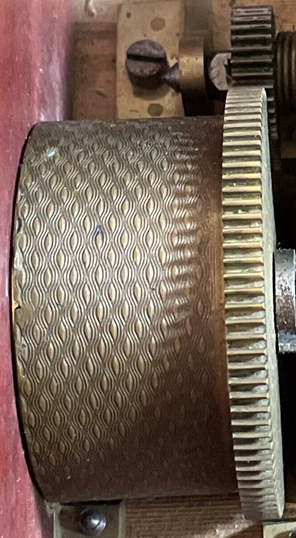


















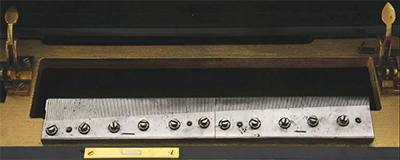
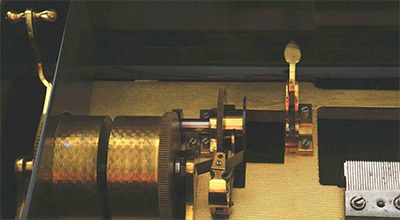


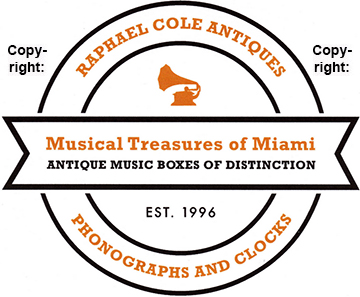


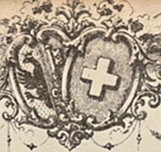




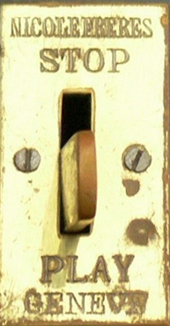









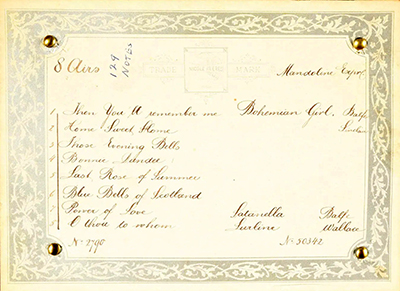


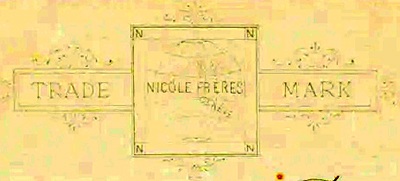
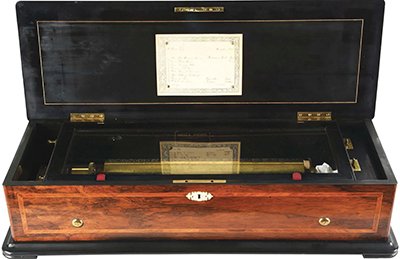



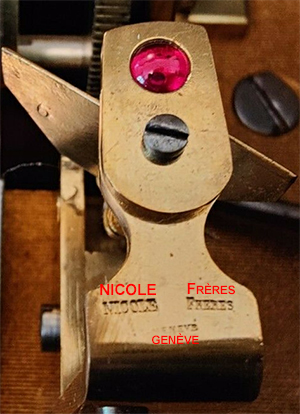

.jpg)



